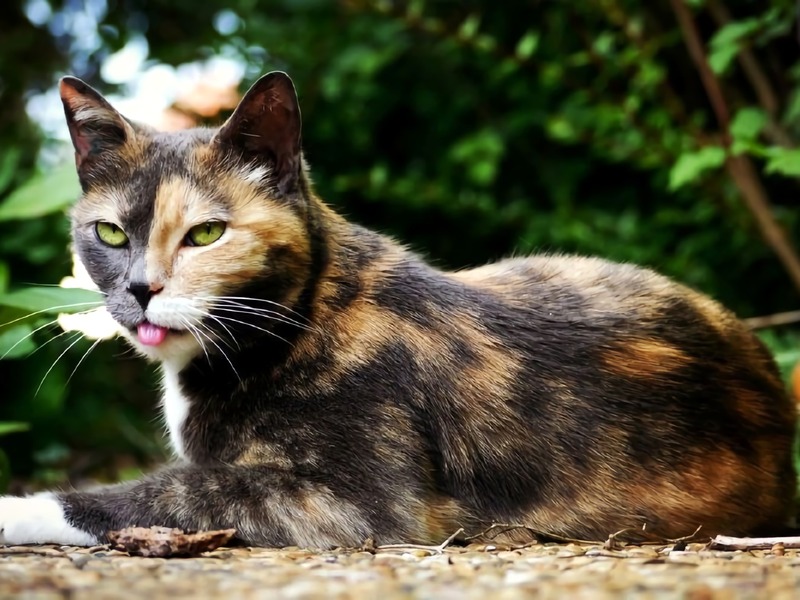Cat Sneezing, how to help

Understanding Cat Sneezing: A Common Yet Concerning Symptom
Did you know that cats sneeze up to 10 times more frequently than humans? This surprising statistic highlights the importance of understanding why your feline friend might be sneezing and how to help them. While occasional sneezes are usually nothing to worry about, persistent or severe sneezing can indicate underlying health issues.
Common Causes of Cat Sneezing
Cat sneezing is a common occurrence that mirrors the human experience in many ways. It typically results from irritation in the nasal passages caused by various factors:
- Dust and Pollen: Environmental allergens can trigger sneezing.
- Mild Allergies: Cats may have allergies to certain foods, plants, or household products.
- Change in Environment: Moving to a new home or introducing new pets can cause stress-induced sneezing.
- Nasal Irritants: Foreign objects like blades of grass or food particles can get stuck and irritate the nasal passages.
When Should You Be Concerned?
If your cat is sneezing frequently, it may be a sign of an underlying issue. Persistent sneezing could indicate:
- Infections: Respiratory infections such as feline rhinotracheitis and calicivirus can cause severe symptoms.
- Nasal Tumors or Foreign Bodies: These conditions require immediate veterinary attention.
- Tooth Abscesses: Dental issues can lead to nasal irritation and sneezing.
If your cat exhibits additional symptoms like nasal discharge, labored breathing, lack of appetite, weight loss, or blood in the nose, it's crucial to seek professional help promptly. These signs often indicate a more serious condition that needs medical intervention.
Treating Cat Sneezing Due to Allergies
For cats suffering from allergies, several treatment options are available:
- Antihistamines: Over-the-counter medications can help alleviate allergy symptoms. Consult your vet for the appropriate dosage.
- Allergen-Specific Immunotherapy: Allergy shots can be administered at home to build immunity against specific allergens.
To further reduce exposure to allergens, consider these environmental changes:
- Use HEPA filters in your HVAC system to remove airborne particles.
- Choose non-toxic cleaning products that don't irritate your cat's respiratory system.
- Wash bedding and toys regularly to minimize dust accumulation.
Preventative Measures for Cat Sneezing
To prevent sneezing caused by environmental factors, take the following steps:
- Vaccinations: Keep your cat's vaccinations up-to-date to protect against common respiratory infections.
- Dental Care: Regular dental check-ups can help identify and treat tooth abscesses early.
- Stress Reduction: Minimize stress by providing a stable, comfortable environment for your cat.
When to See Your Vet
If you notice any of the following symptoms alongside sneezing, it's time to schedule an appointment with your veterinarian:
| Symptom | Description |
|---|---|
| Nasal Discharge | Clear or colored discharge from the nose. |
| Lack of Appetite | Your cat shows no interest in food and may lose weight. |
| Labored Breathing | Your cat breathes heavily or has difficulty breathing normally. |
| Blood in the Nose | Persistent sneezing with blood is a serious sign that requires immediate attention. |
Conclusion: Understanding and Managing Cat Sneezing
Cat sneezing, while common, can be an indicator of various health issues ranging from mild allergies to severe infections. By understanding the causes and recognizing when professional help is needed, you can ensure your cat receives timely care and maintains optimal health.
Takeaways:
- Cat sneezing can result from environmental irritants or underlying medical conditions.
- Persistent or severe sneezing should prompt a visit to the veterinarian.
- Allergies and infections require specific treatments, including medications and lifestyle changes.
